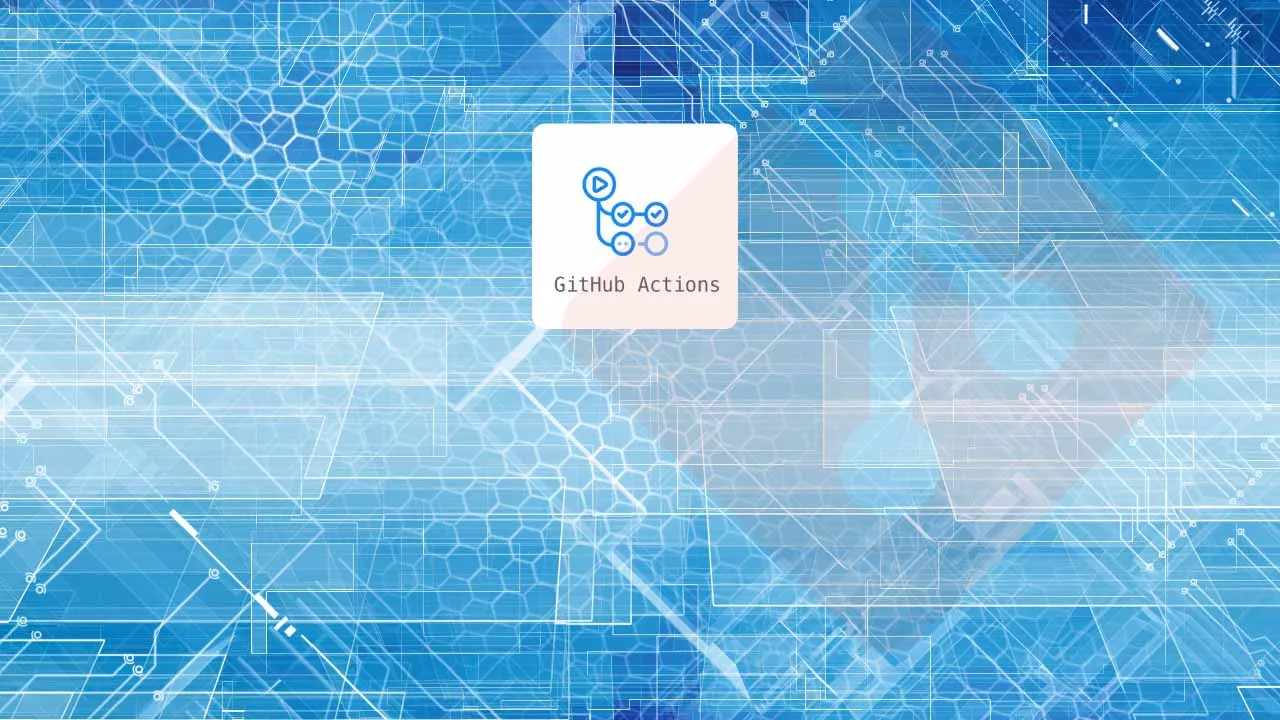Platforms that implement CI/CD and automate builds provide developers with the needed flexibility when building DevOps pipelines.
Machine learning engineers have grappled for decades with the challenges in managing and automating ML pipelines to speed up model deployment in real business applications. Increasingly, businesses are turning to Continuous Integration and Continuous Deployment (CI/CD) and other methods to help.
Much like DevOps, which software developers leverage to increase efficiency and speed up release cadence, MLOps streamlines the ML development lifecycle by automating manual tasks, breaking down silos across ML teams, and improving the quality of ML models in production while keeping business requirements central to every project. Fundamentally, it’s a way to automate, manage, and speed up the very long process of bringing data science to production.
See also: 4 Real-Time Data Analytics Predictions for 2021
Data scientists have recently started to adopt a paradigm that focuses on building “ML factories,” an approach that increases efficiency by automating ML pipelines that take data, pre-process it, then train, generate, deploy, and monitor models.
But deploying models to real-world scenarios is complicated: the code and data change, causing drifts and compromising models’ accuracy. ML engineers often must run most or all the pipeline again to generate new models and productionize it. Each time the data or codebase changes (which is often), they do it all again. This is the major problem with building ML models without MLOps. All the complexity of manual work incurs significant overhead because data scientists spend most of their time on data preparation and wrangling, configuring infrastructure, managing software packages, and frameworks.
Yet MLOps is more complicated than traditional DevOps due to:
- Tight coupling between the data and the model
- Managing data, code, and model versioning
- Silos create friction between data engineers, data scientists, and engineers
- Skills mismatch: Data scientists are not often trained engineers and thus do not always follow good DevOps practices
- Burdensome processes to identify model drift and trigger a pipeline for retraining the model
- A lack of automation to manage manual work
- Difficulty in migrating ML workloads from local environments to the cloud
#analytics #big data #devops #git
